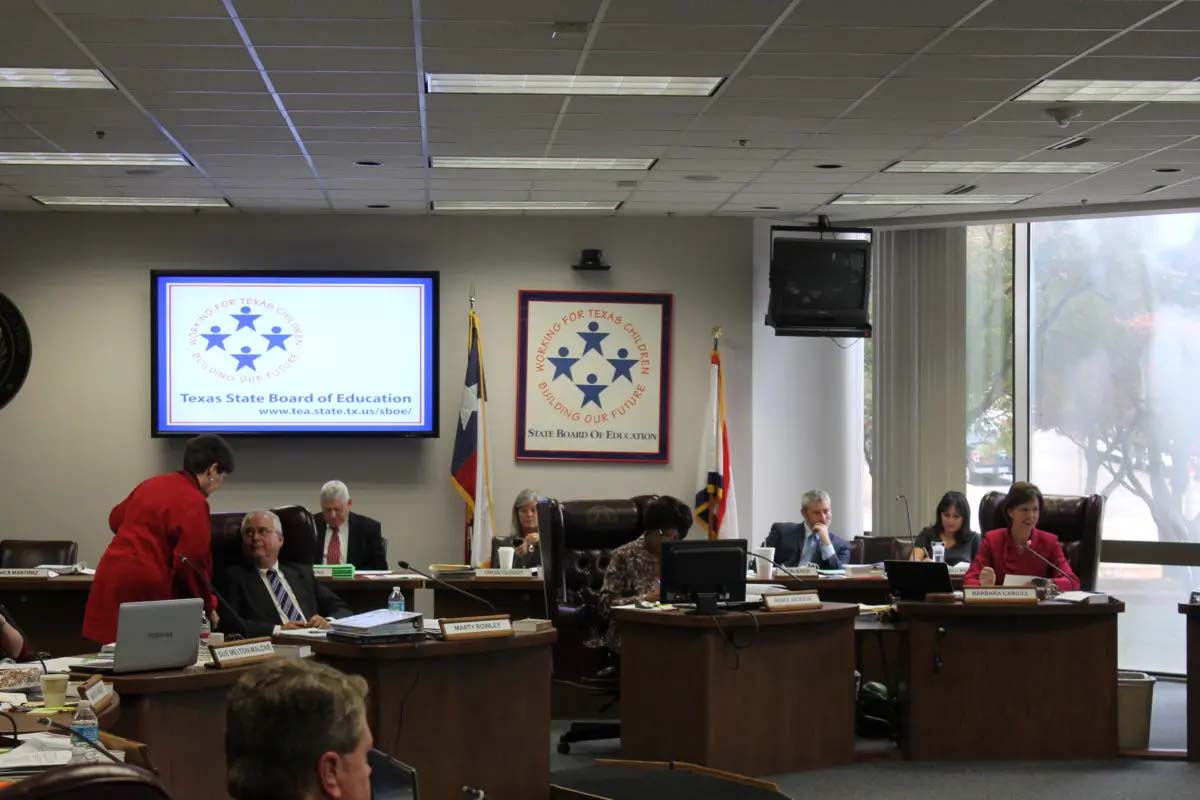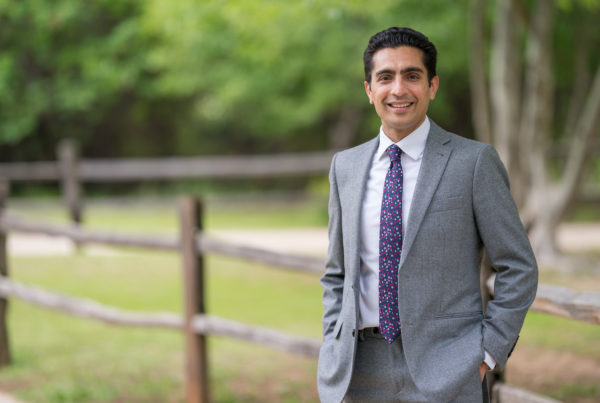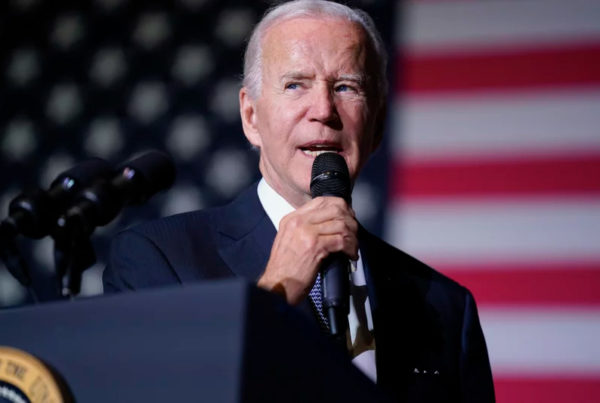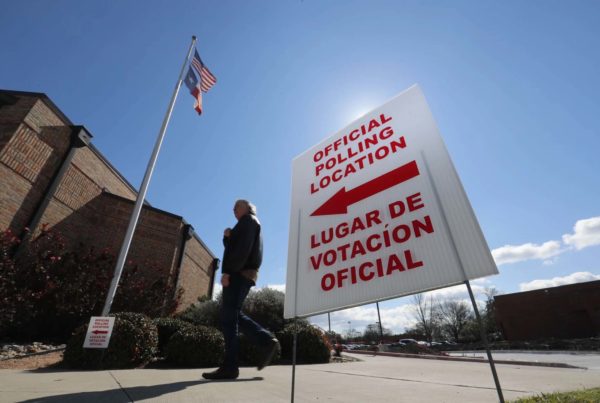From Houston Public Media:
While many Texans were focused on top-of-the-ballot races ahead of Election Day, every voter in the state also had a say in who controls statewide education policy. The GOP made gains — with the help of record-shattering campaign contributionsand by targeting so-called “critical race theory.”
All 15 positions were up for grabs this year on the State Board of Education, which approves textbooks, sets curriculum standards and has veto power over new charter schools. The GOP picked up one seat.
Republican LJ Francis flipped District 2 — which stretches up from the Rio Grande Valley along the Gulf of Mexico in southeast Texas — giving the GOP a 10-5 majorityon the board, up from 9-6.
Democrats had controlled the district for more than three decades.
Like many other Republican candidates, Francis campaigned against what he calls “critical race theory.”
“What CRT is saying is that race is the most important subject,” he said. “Because they believe the country was founded upon racism.”
Critical race theory primarily examines how racism shaped the nation’s legal systems. It’s taught at the university level.
But Francis isn’t the only GOP candidate for State Board of Education who conflated CRT with other topics — including, for longtime Republican school board member Pat Hardy, gender identity.
“Whether it’s the pushing of transgender in the earlier ages, or whether or not it’s calling for a difference in people and how kids are treated because of the color of their skin — all those things come under critical race theory,” she claimed.
Again, that’s not a correct definition of critical race theory. Other GOP candidates have branded all “diversity, equity and inclusion,” efforts as “CRT.”
Brandon Rottinghaus is a professor of political science at the University of Houston and a co-host of HPM’s party politics podcast.
“There’s a lot of confusion about what CRT means, and the Republicans really take advantage of that,” he said. “These issues have become weaponized in a way that misstates what’s actually happening and that creates voter confusion.”
A new political action committee, or PAC, called “Texans for Educational Freedom” has tapped into that confusion with a flurry of CRT-focused advertising for State Board candidates.
The PAC flooded almost $200,000 in mailers for LJ Francis in the final weeks of the campaign, in addition to massive contributions earlier in the cycle.
It also supported more than two dozen so-called “anti-CRT” candidates in local school board elections. More than half of them won last year — across some of the state’s largest districts in the Houston area. This year, five of the PAC’s chosen candidates for Leander ISD’s board in the Austin area fell short, while all three candidates for the Conroe ISD board north of Houston came out on top.
At the State Board of Education level, four of its five chosen candidates are headed to Austin from across Texas. Most of their campaigns shattered contribution records with the help of the PAC.
But — argued Mark Wiggins, lobbyist for the Association of Texas Professional Educators — those contributions may have been less about the supposed social agenda in school curriculums and more about the State Board’s role in the expansion rate of charter schools, which receive government funding but operate independently.
“Curriculum is the shiny object that gets all the headlines,” he said. “Always follow the money.”
The State Board has veto power over charter applications, and Texans For Educational Freedom received large donations from wealthy folks associated with a proposed charter school. The PAC also supported a primary challenger against a Republican incumbent who had voted down the proposed charter, even though the incumbent said he was opposed to CRT.
A handful of other pro-charter PACs have flooded campaign coffers for both parties with money.
“The charter industry alone spent upwards of $200,000 on several SBOE races, more than a million dollars altogether,” he said. “That is an outrageous amount of money — unprecedented, unheard of — it should be making headlines all over the state. So that is the real difference that I think you may see in this board moving forward.”
The State Board will take up the next round of charter applications over the summer, and at least half of the members will still be on the board when it reviews history curriculum standards in 2025.

















